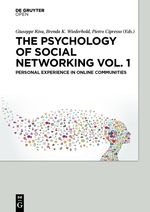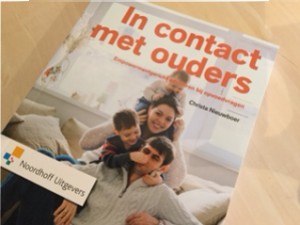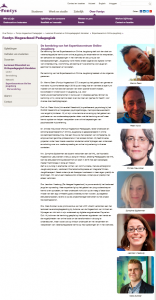The Internet provides a popular and convenient source of information and support on parenting, offering many opportunities for both peer and professional support. Recent studies have also shown that both parents and children can benefit from online parenting support.
In this chapter, we describe the current variety of online services for parents, distinguishing between peer support and professional support. Specifically we will focus on the design characteristics of these web-based resources. Since Internet technology is still rapidly developing, many new opportunities for social networking are available. The provision of multilayered interaction (many-to-many, one-tomany, one-to-one) and the use of multiple components in websites may enhance the way parents feel supported. Also, training can be added to online programs, which aims to change parental knowledge, behavior and attitude. Furthermore, we discuss experimental results from recent meta-analytic study on the effects of online parental education.
Providing an overview of the past decade, we discuss two major trends which give direction to future research and development: missing aspects of research on online social networking and inspiring opportunities for online professional support for parents.
Christa Nieuwboer
Ruben Fukkink






